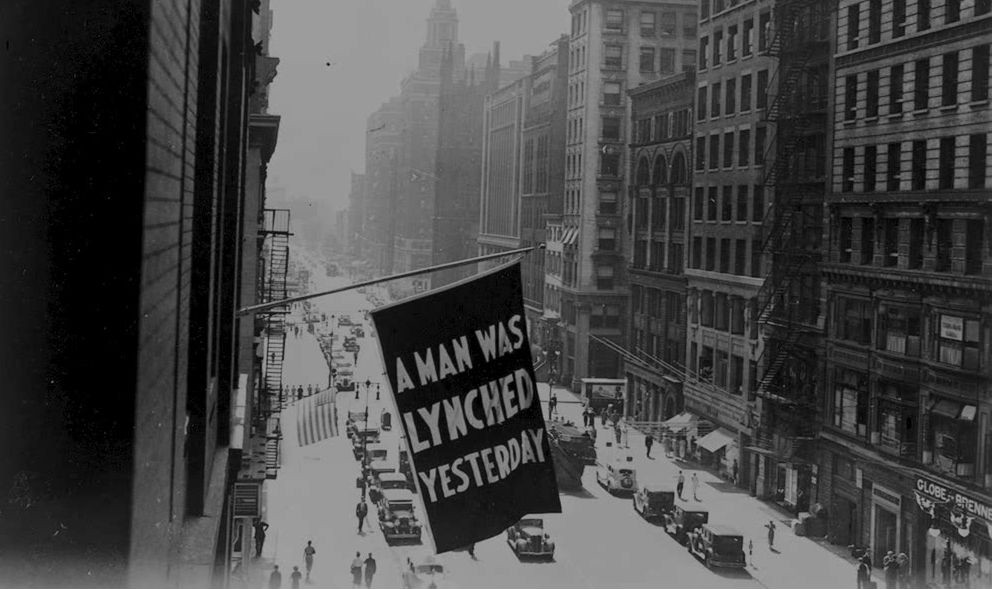Audacity.
Noun.
1. Boldness or daring, especially with confident or arrogant disregard for personal safety, conventional thought, or other restrictions.
2. Effrontery or insolence; shameless boldness.
3. Usually, audacities. audacious or particularly bold or daring acts or statements.
1400-50; late Middle English audacite < Latin audāc-, stem of audāx daring.
Adamsberg was beginning to take in her plan, based on two elements which were usually in contradiction: audacity and finesse. Together they made up an unpredictable force, like a battering ram with the delicacy of a needle. – Wash This Blood Clean from My Hand, Fred Vargas.











 Minatory
Minatory

